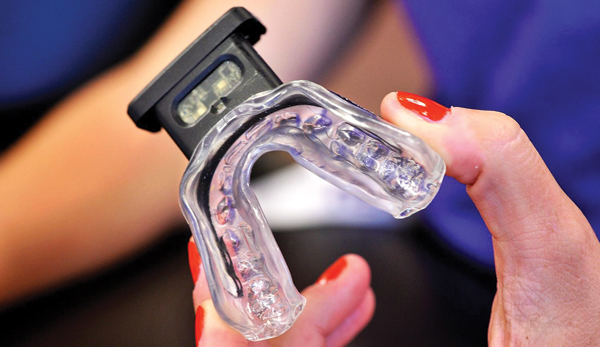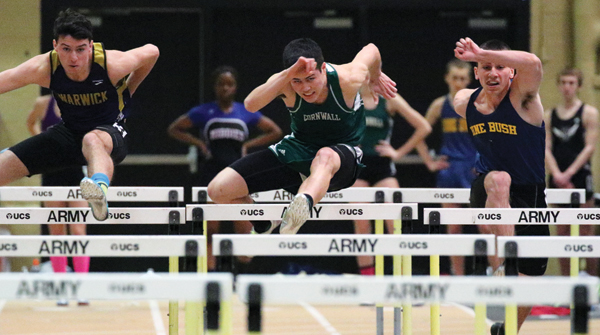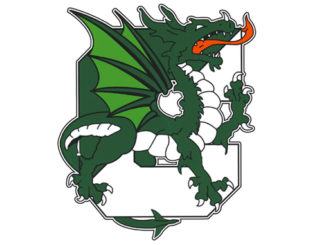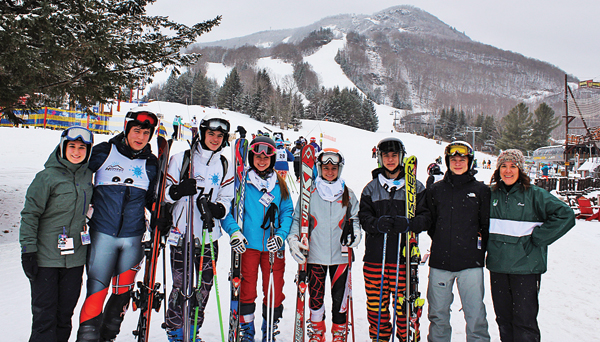
At first it sounded like science fiction — football players using a mouthguard that could detect changes in brain function and send wireless signals to computers on the sidelines.
Middletown High School tested the Vector Mouthguards when they were in the experimental stage, and later purchased 47 of them at a price of $199 a unit. The idea was to limit the chance of overlooking a concussion.
Last September we reported on the innovation. Then we waited a year to see if it was really working. On Oct. 4, I asked Trainer Craig Olejniczak for an update.
“I’m still doing what I’d normally do,” the trainer told us, “but it gives me an extra alert. It lets me know that there’s someone I may want to pull aside and question.”
Trainer Craig, by the way, worked in Cornwall for a few years before accepting the job in Middletown. He described a scenario where technology was assisting him rather than taking his place.
And that’s not the only help he gets. On game day, biomedical students and members of the Sports Medicine Club are on the sidelines monitoring the information transmitted by the mouthguards. The trainer has no problem recruiting volunteers. “Most kids are excited,” he says, “to be involved with state of the art equipment, and to be among the first to utilize it.”
The players use the mouthguards for practice as well as games, and the devices need daily maintenance. A little dust or something in the player’s mouth can affect the contact.
The mouthguards are especially helpful in recording the cumulative effect of repeated hits — something that might otherwise go unnoticed. A major collision gets everyone’s attention. But without an assist from science, trainers and coaches could easily overlook the effect of a series of lesser impacts.
“The mouthguards,” the trainer told us, “have allowed me to keep an eye on an athlete, and pull him out after a certain number of hits…. The biggest thing is we continue to feel positive about the mouthguards. They’ve lived up to what we thought they were going to do, They’ve given us an extra layer of protection.”
The trainer has shared that opinion with a few schools that have asked about the product — including one from the state of Washington. “It’s still a learning experience,” he told us. “And, in time, the data that’s collected will open a lot of eyes. We may need to adjust the game for some younger athletes. People may object, but it will make the game safer in the long run”



